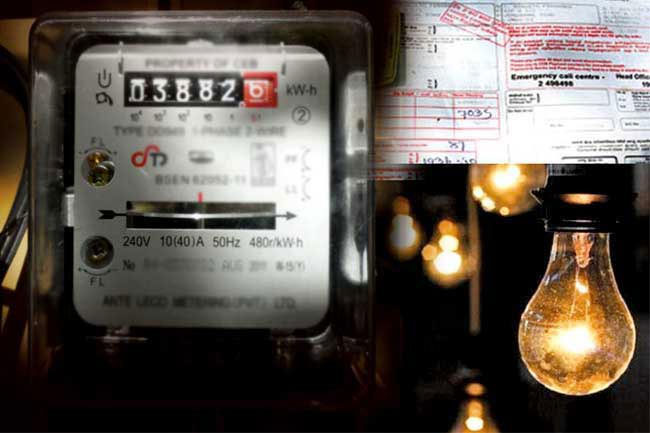By: Staff Writer
June 26, Colombo (LNW):Three of Sri Lanka’s key international development partners—the World Bank, Asian Development Bank (ADB), and Japan International Cooperation Agency (JICA)—have jointly voiced concerns over proposed amendments to the 2024 Electricity Act.
In a letter addressed to Energy Minister Eng. Kumara Jayakody, the donor agencies warned that several provisions in the revised bill risk undermining principles of good governance, financial sustainability, and regulatory independence in the power sector.
The concerns, outlined by World Bank and IFC Country Manager Gevorg Sargsyan, ADB Country Director Takafumi Kadono, and JICA’s Sri Lanka Chief Representative Kenji Kuronuma, come at a crucial time as Sri Lanka seeks to modernize its power sector amidst growing investment needs.
The letter, also shared with members of Parliament’s Sectoral Oversight Committee and key government ministries, urges a rethink of specific clauses in the draft legislation that could compromise the effectiveness of planned reforms.
A major point of contention is the amendment to Section 17, which mandates permanent government ownership of several entities, including the National System Operator (NSO) and the proposed Generation and Distribution Companies.
While acknowledging the rationale behind maintaining public control of critical infrastructure, the donors caution that enshrining such ownership in law could deter private sector participation and strain public finances.
The donors are also concerned about the bundling of unrelated assets into the National Transmission Network Service Provider (NTNSP). The inclusion of LTL Holdings—which operates over 1 GW in power generation assets—and Sri Lanka Energies—owner of mini-hydro plants—under the NTNSP umbrella, risks mixing core transmission responsibilities with unrelated generation and manufacturing operations.
This, they argue, would blur the separation between transmission and generation functions, undermining efforts to reduce conflicts of interest and increase transparency in the sector.
The letter also questions the proposed merger of LECO with the Distribution Company. LECO, which operates independently of the Ceylon Electricity Board (CEB), has a track record of innovation and efficiency. Absorbing it wholesale into a newly formed distribution entity, without a clear legal and operational framework, could erode these gains and reintroduce inefficiencies.
Furthermore, the donor trio flagged a key change in tariff-setting authority. The revised bill shifts language from the regulator setting tariffs “in accordance with the national tariff policy” to doing so “in consultation with the Ministry of Finance.” Donors warn that this vague phrasing could lead to legal ambiguities over who ultimately holds decision-making power, potentially weakening regulatory independence.
The agencies emphasized that the proposed amendments, if enacted without due consideration, could jeopardize Sri Lanka’s energy reform goals and violate terms agreed under World Bank and ADB funding arrangements. More broadly, they warn the changes may diminish investor confidence in the country’s energy sector—at a time when attracting capital is crucial.
The letter concludes with a strong appeal to realign the amendments with the core intent of the Electricity Act: promoting good governance, competition, transparent regulation, and long-term financial health of the power sector.
